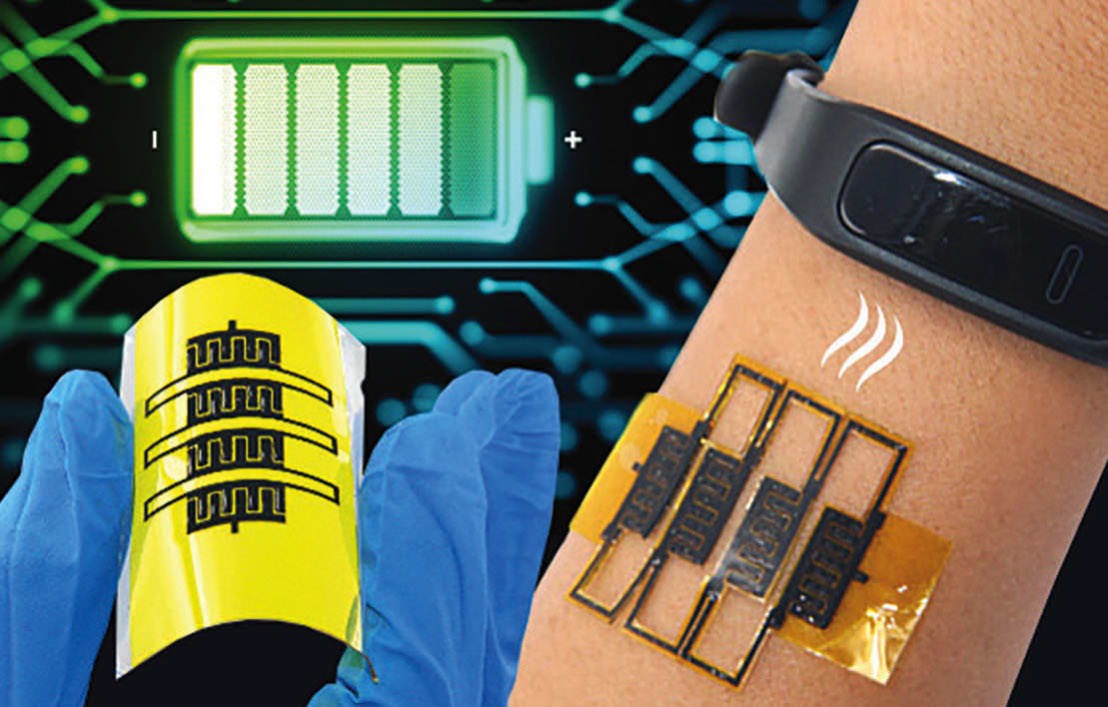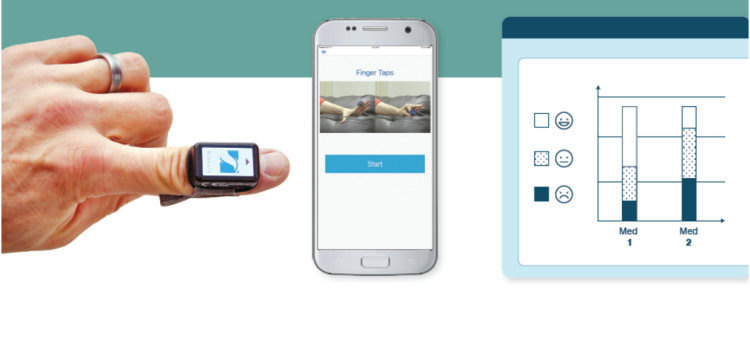
In recent years, the landscape of healthcare has experienced a seismic shift, driven primarily by advancements in technology. Among the most transformative of these innovations is wearable health tech. From fitness trackers to smartwatches and beyond, wearable health tech is revolutionizing how individuals monitor their health, offering unprecedented insights and empowering users to take control of their well-being.
The Emergence of Wearable Health Tech
Wearable health tech refers to electronic devices that can be worn on the body to collect data related to health and fitness. These devices range from simple pedometers to sophisticated biosensors capable of monitoring a wide array of physiological parameters. The proliferation of wearable health tech has been fueled by advancements in sensor technology, miniaturization of electronic components, and the growing integration of artificial intelligence (AI) and machine learning (ML).
Key Features of Wearable Health Tech
1. Real-Time Monitoring
One of the most significant advantages of wearable health tech is its ability to provide real-time monitoring of various health metrics. Devices like smartwatches and fitness trackers can continuously track heart rate, steps taken, calories burned, and even sleep patterns. This real-time data allows users to make immediate adjustments to their activities and lifestyle choices.
2. Personalized Health Insights
Wearable health tech devices are equipped with sophisticated algorithms that analyze the collected data to provide personalized health insights. For instance, some devices can detect irregular heartbeats, prompting users to seek medical advice. Others can offer tailored fitness recommendations based on an individual’s activity levels and goals.
3. Remote Health Monitoring
Wearable health tech has also paved the way for remote health monitoring, which is particularly beneficial for individuals with chronic conditions. Devices such as continuous glucose monitors (CGMs) for diabetics or wearable ECG monitors for heart patients enable healthcare providers to monitor patients’ health remotely, reducing the need for frequent hospital visits.
4. Integration with Health Apps
Most wearable health tech devices can seamlessly integrate with health apps on smartphones and other devices. These apps serve as a central hub for storing and analyzing health data, providing users with comprehensive reports and trends. Integration with health apps also facilitates data sharing with healthcare providers, ensuring continuity of care.

Impact on Preventative Healthcare
Wearable health tech is playing a crucial role in shifting the focus of healthcare from treatment to prevention. By providing continuous monitoring and early detection of potential health issues, these devices enable users to take proactive measures to maintain their health. For instance, detecting early signs of hypertension or irregular heart rhythms can prompt timely medical intervention, potentially preventing serious complications.
Moreover, wearable health tech encourages users to adopt healthier lifestyles. The gamification of health metrics, such as setting daily step goals or earning rewards for meeting fitness targets, motivates individuals to stay active and make healthier choices.
Enhancing Patient Engagement and Adherence
One of the challenges in healthcare is ensuring that patients adhere to prescribed treatment plans and lifestyle recommendations. Wearable health tech addresses this issue by enhancing patient engagement. The constant feedback and reminders provided by these devices keep users informed and motivated to follow their health regimens.
For example, smartwatches can remind users to take their medications, drink water, or move around after prolonged periods of inactivity. Additionally, the social features of some health apps allow users to connect with friends and family, fostering a sense of community and support.
The Role of AI and Machine Learning
The integration of AI and ML in wearable health tech has further amplified its potential. These technologies enable devices to learn from the collected data, improving their accuracy and predictive capabilities over time. AI-powered algorithms can analyze patterns and trends in health data, identifying potential health risks and providing personalized recommendations.
For instance, AI can analyze sleep patterns to identify issues such as sleep apnea or insomnia. Similarly, machine learning algorithms can predict the likelihood of a heart attack based on changes in heart rate variability and other physiological parameters. These predictive capabilities can significantly enhance early intervention and improve health outcomes.
Challenges and Considerations
While wearable health tech offers numerous benefits, it is not without challenges. Privacy and data security are major concerns, as these devices collect sensitive health information. Ensuring that this data is securely stored and transmitted is paramount to maintaining user trust.
Additionally, the accuracy of wearable health tech devices can vary. While they are generally reliable for tracking basic metrics like steps and heart rate, more complex measurements may require validation and calibration. Users should be aware of the limitations of these devices and consult healthcare professionals for critical health decisions.
The Future of Wearable Health Tech
The future of wearable health tech is promising, with ongoing advancements poised to further revolutionize health monitoring. Emerging technologies such as smart fabrics and implantable devices could provide even more comprehensive and accurate health data. Moreover, the integration of wearable health tech with other healthcare technologies, such as telemedicine and electronic health records (EHRs), will enhance the continuity and quality of care.
In the coming years, we can expect wearable health tech to become even more personalized and predictive. As AI and ML algorithms continue to evolve, these devices will offer increasingly precise health insights and recommendations. Additionally, the expansion of wearable health tech into new areas, such as mental health monitoring and rehabilitation, will broaden its impact on overall well-being.
Conclusion
Wearable health tech is undeniably transforming the landscape of health monitoring. By providing real-time data, personalized insights, and remote monitoring capabilities, these devices empower individuals to take control of their health and make informed decisions. As technology continues to advance, the potential of wearable health tech to enhance preventative healthcare, improve patient engagement, and predict health risks will only grow. Embracing these innovations will be key to unlocking a healthier future for all.








